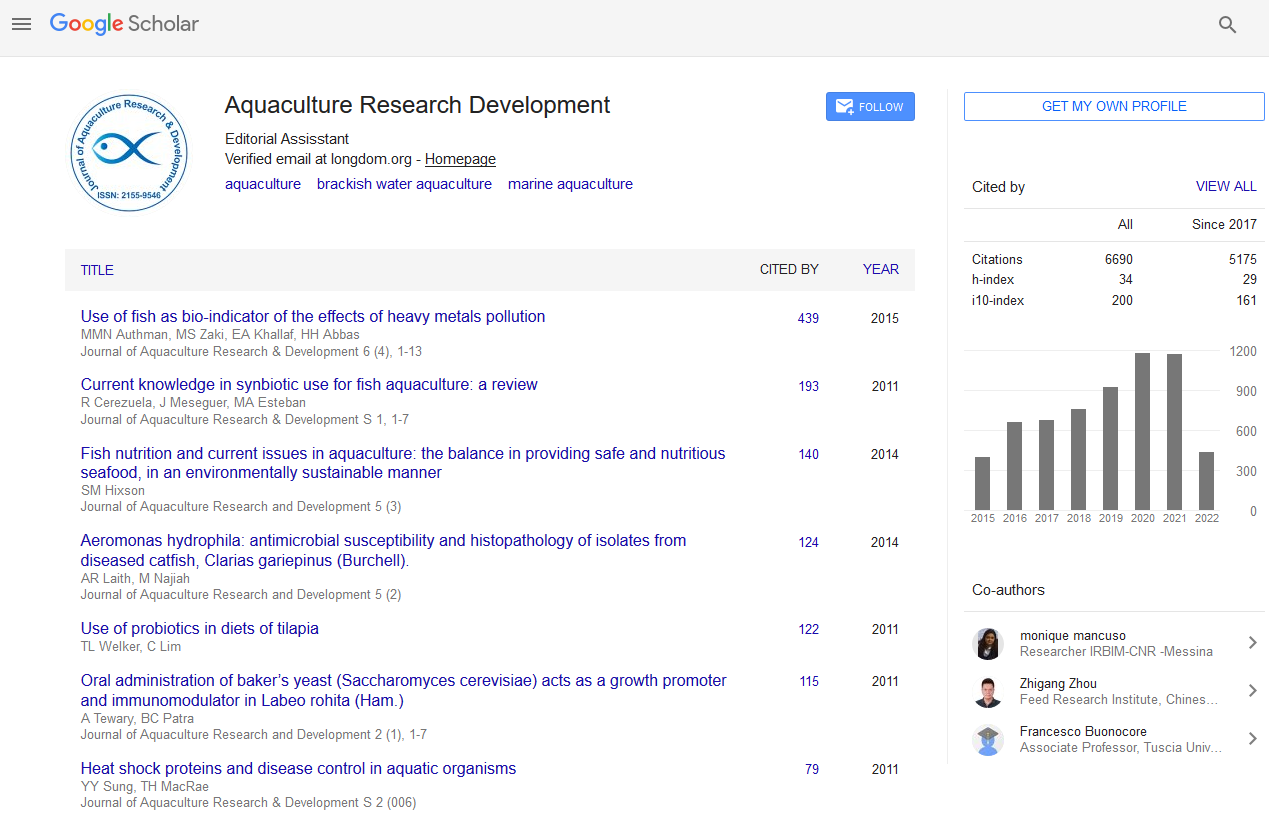PMC/PubMed Indexed Articles
Indexed In
- Online Access to Research in the Environment (OARE)
- Open J Gate
- Genamics JournalSeek
- JournalTOCs
- Scimago
- Ulrich's Periodicals Directory
- Access to Global Online Research in Agriculture (AGORA)
- Electronic Journals Library
- Centre for Agriculture and Biosciences International (CABI)
- RefSeek
- Directory of Research Journal Indexing (DRJI)
- Hamdard University
- EBSCO A-Z
- OCLC- WorldCat
- Scholarsteer
- SWB online catalog
- Virtual Library of Biology (vifabio)
- Publons
- MIAR
- University Grants Commission
- Euro Pub
- Google Scholar
Useful Links
Share This Page
Journal Flyer

Open Access Journals
- Agri and Aquaculture
- Biochemistry
- Bioinformatics & Systems Biology
- Business & Management
- Chemistry
- Clinical Sciences
- Engineering
- Food & Nutrition
- General Science
- Genetics & Molecular Biology
- Immunology & Microbiology
- Medical Sciences
- Neuroscience & Psychology
- Nursing & Health Care
- Pharmaceutical Sciences
Abstract
Effect of Dietary Supplementation of Green Tea (Camellia Sinensis) on Growth, Body Composition and Serum Biochemistry of the Asian Seabass, Lates calcarifer Fingerlings
Al-Ngada RS, Abdelwahab AM and El-Bahr SM
The current study aimed to evaluate the effect of dietary supplementation of different levels of green tea (Camellia sinensis) on growth performance, body composition and serum biochemistry of Asian Sea bass, Lates Calcarifer. Therefore, Asian sea bass fingerlings with an initial body weight of 43.20 ± 0.11 grams were randomly assigned into 3 groups as triplicates. Fish were tested with three experimental diets of similar protein content (514.8 ± 0.06 g/kg-1) and energy (48.4 ± 0.02 kcal/g) for 90 days. The first diet was treated as control without any inclusion of additives. The other two diets were mixed with green tea of 10 g/kg-1 and 20 g/kg-1 respectively. The results clearly shown a significant (P<0.05) improvement of growth performance in all fish fed with green tea as dietary additive when compared with control, whereas the maximum performance is attained from the first treatment with lower dose (10 g/kg-1) of green tea additive. the current study can concluded that, the dietary inclusion of low levels of green tea as feed additives has relatively improved the growth performance, feed utilization and general health without any adverse effects on biochemical profile of Asian sea bass (Lates calcarifer).


